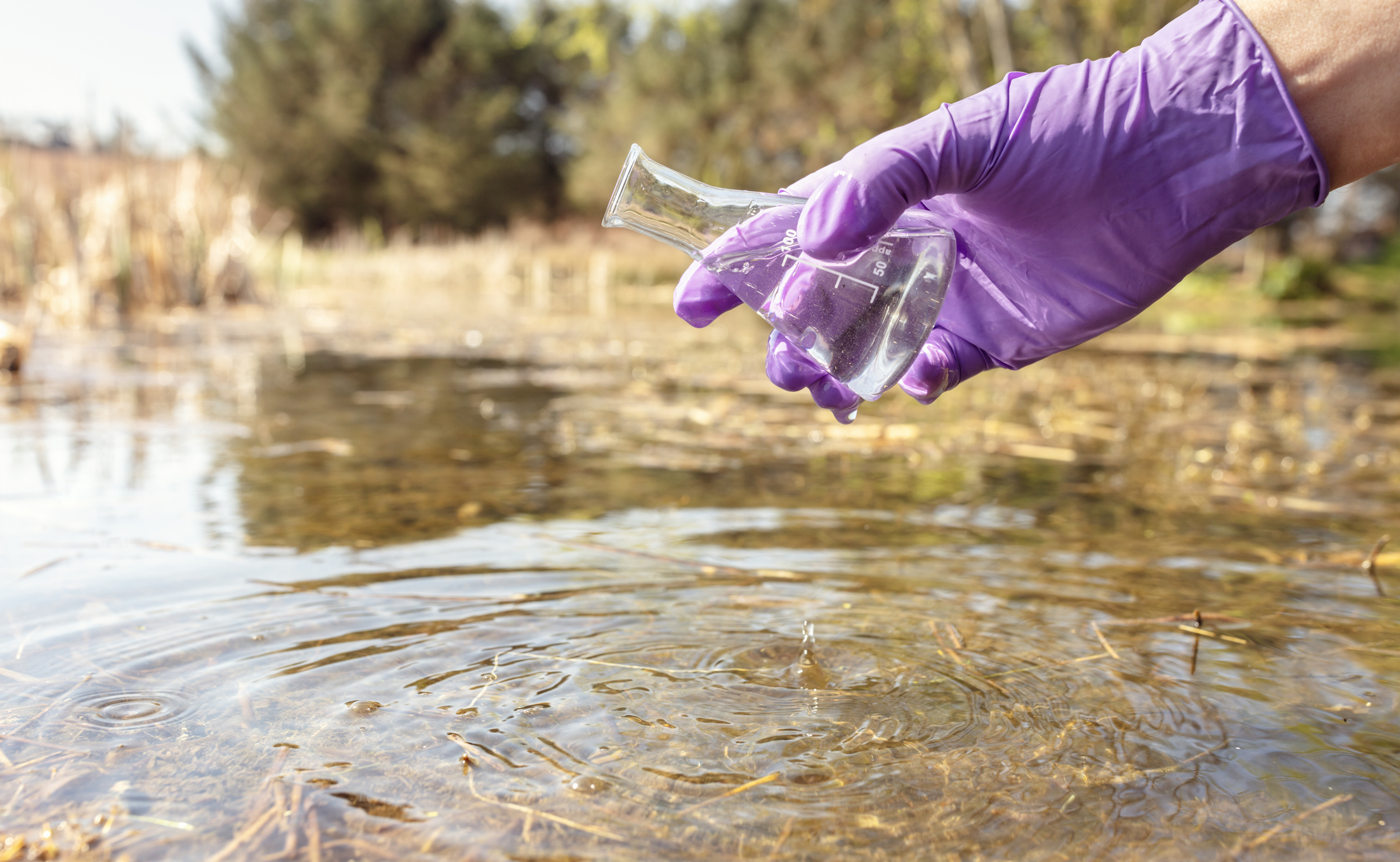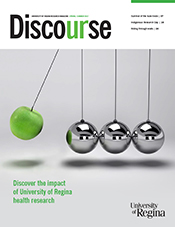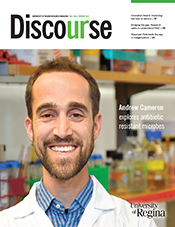Two University of Regina researchers elected Fellows of the Royal Society of Canada
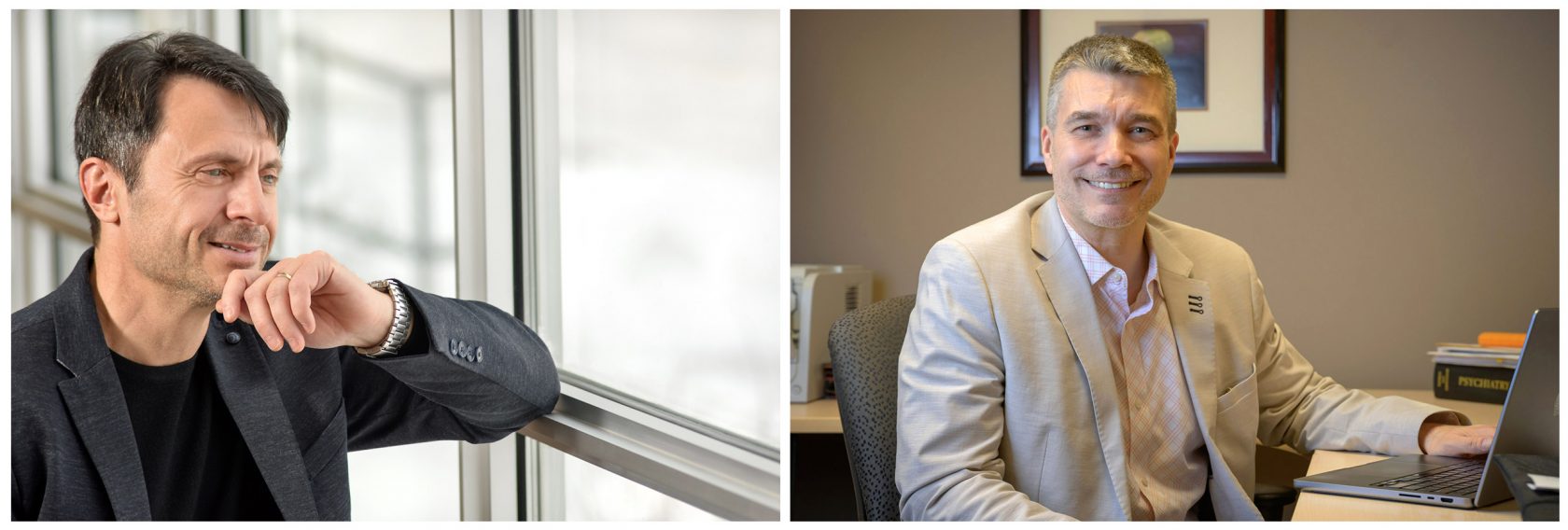
Picture a first responder who spends a career helping others yet struggles silently with their own mental health. Or, imagine your loved one has dementia and can no longer tell you when they’re in pain. These are the kinds of real-life challenges that drive Drs. R. Nicholas Carleton and Thomas Hadjistavropoulos, two University of Regina researchers whose work has changed lives across Canada and around the world.
This fall, both were elected Fellows of the Royal Society of Canada (RSC), the country’s highest academic honour recognizing outstanding scholarly, scientific, and artistic achievement.
Supporting those who serve
Dr. R. Nicholas Carleton has dedicated his career to improving the mental health and well-being of public safety personnel (PSP), including police, firefighters, paramedics, and correctional officers. Through his transformative research, Carleton has brought national attention to the psychological toll that PSP service takes and has developed evidence-based tools and treatments that are helping first responders get the care they need.
He leads the Royal Canadian Mounted Police Study on Posttraumatic Stress Disorder, the largest and most comprehensive project of its kind, as well as co-leads PSPNET, a national program providing internet-delivered cognitive behavioural therapy tailored to PSP and their families. His leadership has helped to unite researchers, policymakers, and public safety leaders nationwide to advance understanding and support for PSP mental health.
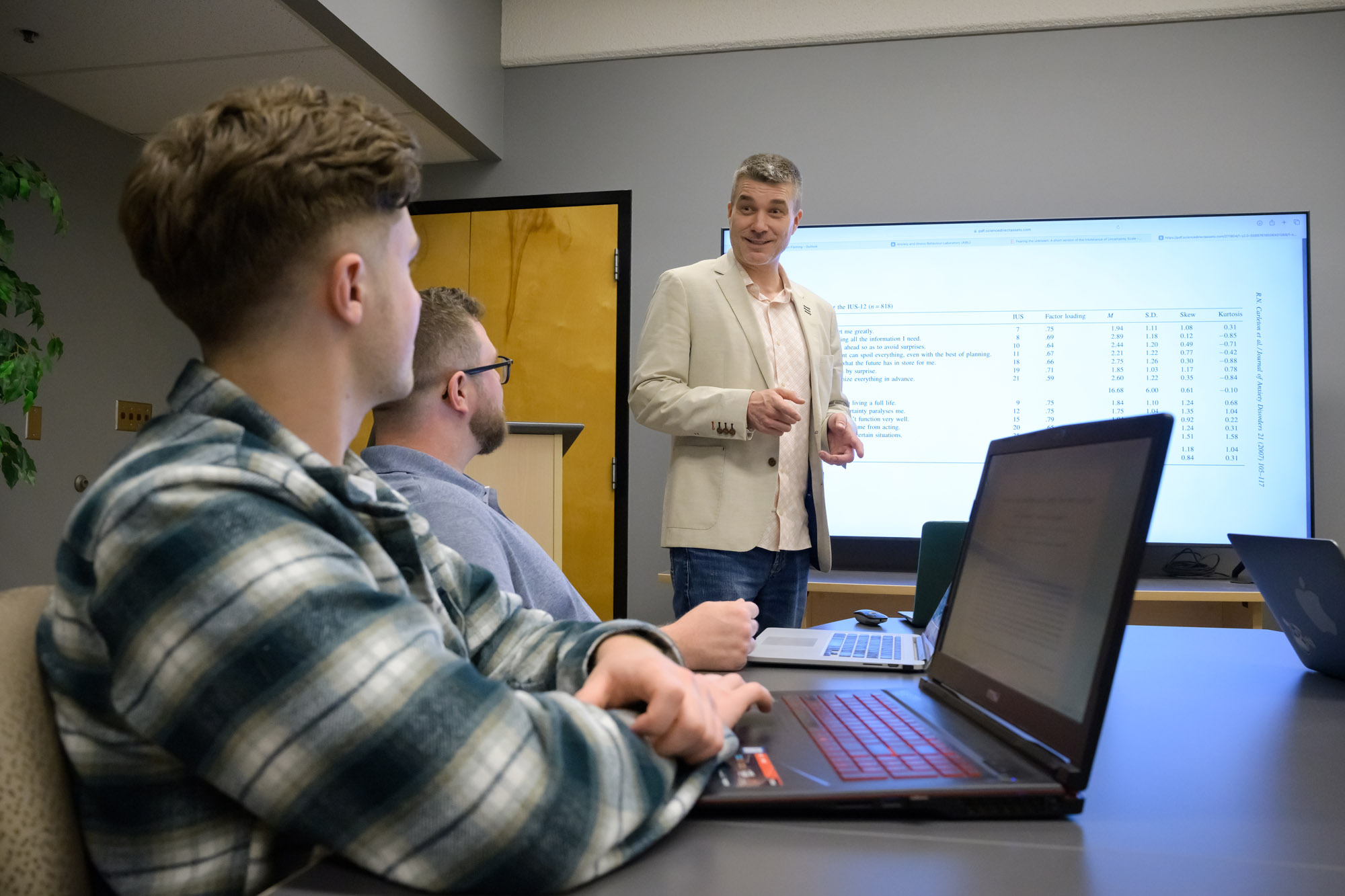
Dr. David Forbes, a professor in the Department of Psychiatry at the University of Melbourne, provided a letter of support for Carleton’s induction into the RSC. “Internationally, Professor Carleton is clearly recognised as one of a small number of international experts in mental health and well-being of public safety personnel,” writes Forbes. “When Phoenix Australia Centre for Posttraumatic Mental Health at the University of Melbourne was seeking an international partner to co-lead an international forum of research and innovation into the mental health and well-being of public safety personnel and first responders, Professor Carleton was its obvious choice.”
Carleton’s research has informed national policy, including being cited in a federal budget, and continues to shape training and care systems across the country. His evidence-based approaches are being scaled to improve and protect the mental health of all Canadian PSP, their families, and their communities.
For Carleton, election as a Fellow of the Royal Society of Canada has been an aspirational goal since his mentor, U of R psychology professor Dr. Gordon Asmundson, was elected in 2009, Carleton’s last year of graduate school.
“The Royal Society of Canada includes extraordinary scholars, artists, and scientists who have achieved excellence in activities that improve the lives of all Canadians,” says Carleton. “The Society supports a legacy of excellence that can inform and inspire solutions to the challenges of today and tomorrow, locally, nationally, and internationally. I am deeply honoured to be included among their Fellows, and I will work diligently to fulfil their trust, the trust of those who have come before, and the trust of those who will come after.”
Easing pain for those who can’t speak for themselves
While Carleton’s work supports those who protect others, Dr. Thomas Hadjistavropoulos’s research focuses on giving voice to people who cannot advocate for themselves, particularly older adults with dementia and chronic pain.
As director of the University of Regina’s Centre on Aging and Health, Hadjistavropoulos has dedicated his career to improving care for people who often can’t communicate their discomfort due to cognitive decline. When pain goes unrecognized, it can lead to distressing behaviours that are sometimes mistaken for psychiatric symptoms, resulting in treatment with inappropriate medications instead of pain relief.
To help address this, Hadjistavropoulos pioneered behavioural observation tools now used worldwide to assess pain in people with limited ability to communicate. His work has reshaped how caregivers and clinicians understand and manage pain, especially in long-term care facilities, while his research on the psychosocial factors that influence pain continues to inform both theory and practice.
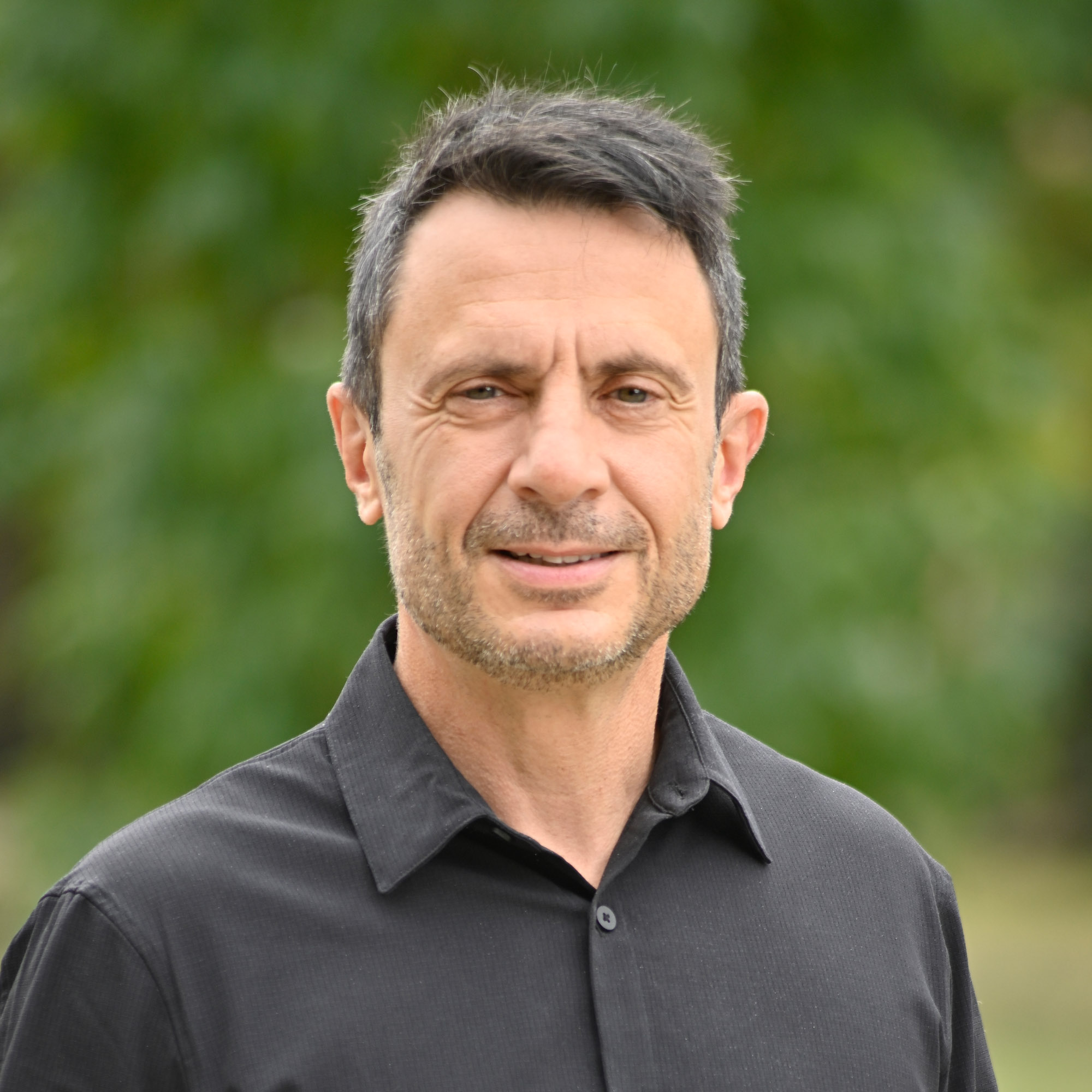
Dr. Dennis Turk, the John and Emma Bonica Endowed Chair for Anesthesiology and Pain Research and director of the Centre for Pain Research on Impact, Measurement, and Effectiveness at the University of Washington, provided a letter of support for Hadjistavropoulos’s election to the RSC.
“He has a passion for his work and is committed to improving the lives of older persons with chronic pain and of those who have difficulty communicating and who have tended to be ignored. They have truly found a champion in Dr. Hadjistavropoulos,” writes Turk.
A Fellow of the Canadian Academy of Health Sciences and recipient of the Saskatchewan Order of Merit, Hadjistavropoulos has published more than 260 papers and seven books. His work bridges science, ethics, and compassion, improving the quality of life for some of the most vulnerable members of society.
Hadjistavropoulos says he is truly honoured to join the Royal Society of Canada. “This distinction reflects not only recognition of my work, but also the mentorship, collaboration, and dedication of so many who have shared this journey with me. I am also deeply grateful to my university, the University of Regina, for giving me everything that I needed to become successful.”
A national honour
Dr. Chris Yost, Vice-President (Research) at the University of Regina, says the election to the Royal Society of Canada recognizes the exceptional scholarly and societal impact of both Carleton and Hadjistavropoulos.
“Their work exemplifies how University of Regina researchers are improving life for Canadians and communities worldwide.”


